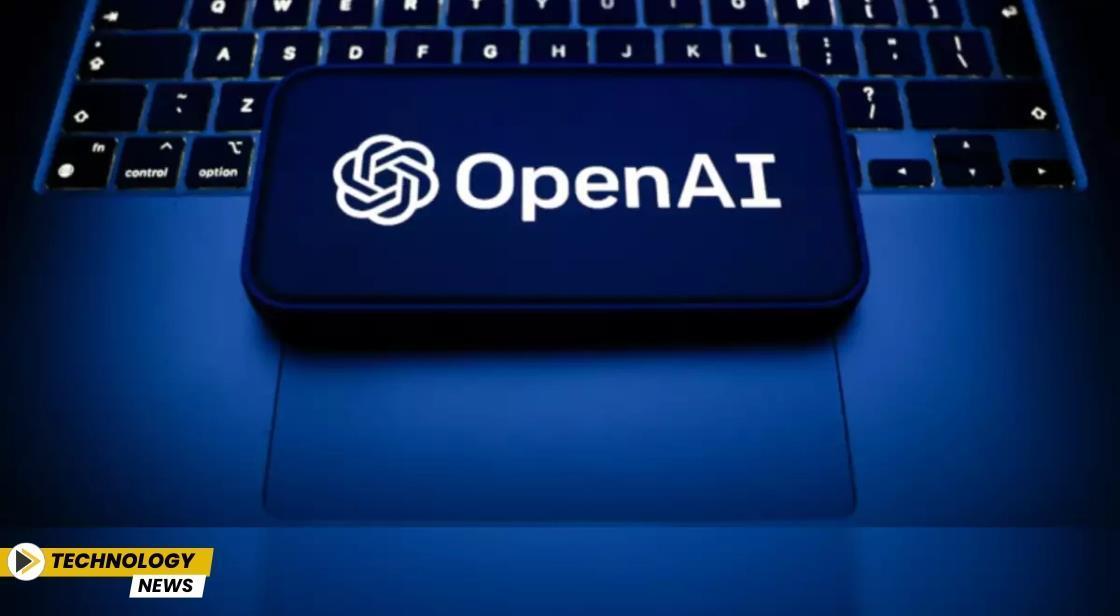OpenAI Co-Founder Predicts AI Will Match Human Capabilities; Urges Students to Embrace the Future

News Synopsis
Artificial intelligence may still be evolving, but OpenAI’s co-founder Ilya Sutskever believes it’s heading toward a future where machines will rival, and potentially surpass, human capabilities. Delivering a convocation speech at the University of Toronto on June 6, Sutskever reflected on the vast transformation AI is poised to bring.
"The real challenge with AI is that it is really unprecedented and really extreme, and it's going to be very different in the future compared to the way it is today," he told the graduating class.
A Confident Forecast: AI Will Do Everything Humans Can
OpenAI’s co-founder Ilya Sutskever acknowledged that while current AI systems outperform humans in some areas, they lag in many others. But that gap, he claimed, won’t last forever.
"AI will keep getting better and the day will come when AI will do all the things that we can do," he said.
His reasoning is grounded in a simple yet powerful analogy:
"We have a brain, the brain is a biological computer, so why can't a digital computer, a digital brain, do the same things? This is the one-sentence summary for why AI will be able to do all those things," he explained.
AI’s Current Capabilities and the Road to Superintelligence
Sutskever described today’s AI as “evocative”—capable of inspiring possibilities, yet far from its full potential. He predicted the advent of superintelligence is not decades away, but more likely within:
"Three, five, maybe ten years."
This trajectory, he argued, could result in profound changes to society, with accelerated scientific progress, economic shifts, and widespread automation.
"The rate of progress will become really extremely fast for some time at least."
Inevitable Change and A Call to Adapt
Sutskever emphasized that this transformation is unavoidable:
"Whether you like it or not, your life is going to be affected by AI to a great extent."
Yet, rather than fear the unknown, he encouraged students to accept reality as it is and move forward:
"It's so easy to think, 'Oh, some bad past decision or bad stroke of luck, something happened, something is unfair,'" he said.
"It's so easy to spend so much time thinking like this while it's just so much better and more productive to say, 'Okay, things are the way they are, what's the next best step?'"
A Personal Chapter in AI History
Sutskever’s remarks come months after he played a controversial role in the internal turmoil at OpenAI. In late 2023, he was part of the board that voted to oust OpenAI CEO Sam Altman, citing a loss of confidence. Days later, however, Sutskever walked back his actions:
"I deeply regret my participation in the board's actions," he posted on X, adding, "I never intended to harm OpenAI."
He later joined hundreds of staff members demanding Altman's reinstatement. Altman returned within a week, and Sutskever left OpenAI six months later to establish a new research lab dedicated to "safe superintelligence."
A Moment of Reflection and Responsibility
As he accepted an honorary doctorate from his alma mater, Sutskever underscored that humanity is at a pivotal point in history:
"We all live in the most unusual time ever. And this is something that people might say often, but I think it's actually true this time. And the reason it's true this time is because of AI."
He warned that AI is already changing what it means to be a student, and its future impact on work, learning, and daily life remains “unknown and unpredictable.”
"Anything which I can learn, anything which any one of you can learn, the AI could do as well," he added.
Conclusion
Ilya Sutskever’s convocation address was more than a speech—it was a wake-up call. With superintelligent AI on the horizon and its capabilities expanding exponentially, he urged the next generation to prepare for a radically transformed world. His message, rooted in personal insight and decades of AI research, highlighted both the promise and disruption ahead.
While AI’s future might raise questions about human relevance, Sutskever reminded students that their response to this evolution is key: embrace reality, stay adaptable, and be ready for a world where intelligence is not only human.
You May Like









